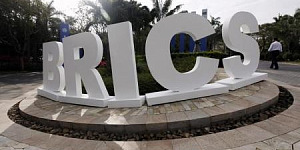The Monetary Policy Committee (MPC), of the Central Bank of Nigeria (CBN), has voted unanimously to keep the Monetary Policy Rate (MPR), at 11.5%.
This was disclosed by Governor, CBN, Godwin Emefiele while reading the communique at the end of the MPC meeting on Tuesday. Other parameters such as Cash Reserve Ratio (CRR), Liquidity ratio, and asymmetric corridor remain unchanged.
Highlights of the Committee’s decision
- MPR was kept at 11.50%
- The asymmetric corridor of +100/-700 basis points around the MPR
- CRR was retained at 27.5%
- While Liquid Ratio was also kept at 30%
The Committee noted that inflation continued to be driven by supply-side disruptions arising from the COVID-19 pandemic and other legacy factors. Key amongst these are the security challenges in parts of the country; the increase in food prices; and the recent hike in the pump price of PMS and electricity tariff.
The MPC emphasized the need to address structural supply-side issues putting upward pressure on costs of production and unemployment.
Meanwhile, to address the public health crisis associated with the COVID-19 pandemic, the Committee urged the Federal Government to make relentless effort to procure a substantial quantity of the COVID-19 vaccines to surmount the public health crisis and pave the way for a broader macroeconomic recovery.
The Governor highlighted that the current economic recession had been anticipated by the monetary and fiscal authorities, which prompted them to put measures in place to quicken the reversion. The Committee, however, noted that the economic contraction had bottomed out in Q3 2020 since it moderated significantly from -6.1% recorded in Q2 2020 to -3.62%.
What this means
The decision of the Central Bank to retain the monetary policy, despite a rise in inflationary pressure, indicates that the apex bank aims to expand credit to the real sector at low-interest rates.
This action will hope to boost production, increase business activities in the country, and also increase consumer spending.







































